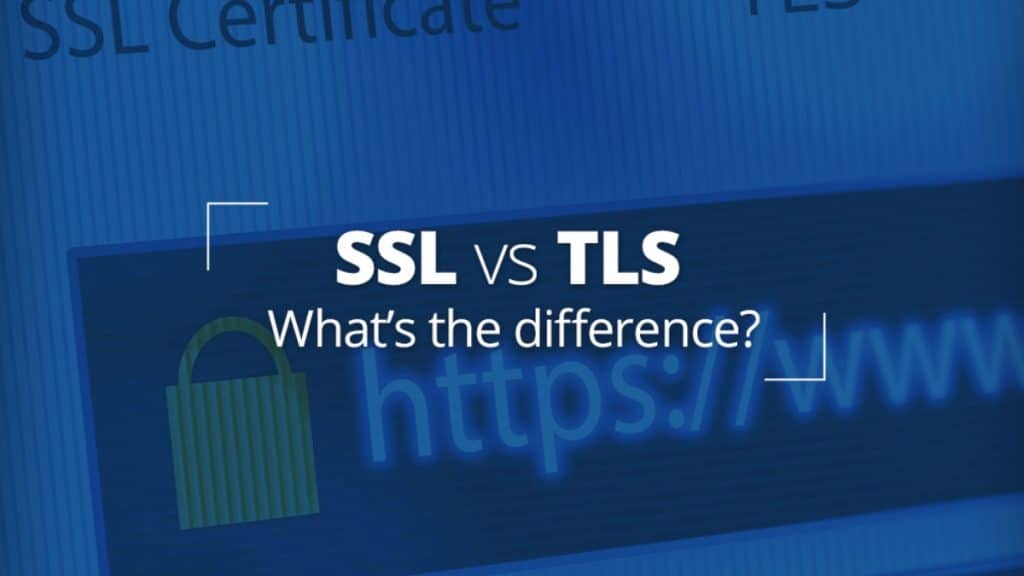So when choosing the types of security to implement for online data, it is fundamental to consider tls vs ssl. Despite these two protocols are in their highest spirits in avoiding user information to be leaked the main differences between them are as follows: Below are five points which will influence your decision when selecting one.
1. Security Level
In SSL and TLS comparison the answer to which one to prefer is based on the degree of protection provided. Although SSL is a well-known solution of encrypting the connection, it has known issues that do not protect data from threats. While SSL is comparatively older technique, TLS uses latest cryptographic algorithms and has better encryption. If security is your main concern, TLS is the best way to go since it allows immunity to current attacks better than SSL.
2. Browser and System Compatibility
However, choose which protocol your users’ browsers support before making a choice. However, most present day browsers and operating systems do not support SSL for instance SSL 2.0 or SSL 3.0. TLS versions especially TLS 1.2 & 1.3 have support from the currently available browsers. Lastly on compatibility; if you wish to provide your users with trouble free connectivity then TLS is more compliant to the modern web standards.
3. Performance and Speed
The same as in any other application, performance plays a huge role when it comes to website security. SSL though is older and less efficient than TLS and it takes longer time both to initiate and perform a handshake process to establish a secure connection. The handshake in TLS has been made faster in order to take less time thus allowing the secure connection to be developed. A shorter delay in handshakes vice more extended periods of handshakes enable quicker connections hence enhancing usability of the servers among the users.
4. Modern cipher suites support
SSL has cryptographic ciphers which are older than other protocols and therefore prone to specific attacks. For instance, most SSL ciphers have been decrypted and are, therefore, labelled insecure. Unfortunately, SSL is weaker than TLS in terms of the sophistication of the cipher suites it supports, and thus, less secure against hacking.
5. Long-Term Viability
There is also support to consider during the selections of the security protocol that will be used in future. SSL is significantly developed and no longer updated, and it inevitably becomes incompatible with most modern security requirements. In contrast, TLS gets updates even the latest being TSL 1.3. JEP: This means that TLS would still be secure in the future as many years pass as well. For instance, if you are thinking about going long-term, to secure your website, TLS is a better option than SSL.
Conclusion:
Taking into account security level, compatibility, speed, cipher suite support and long term prospects TLS is even more preferable than SSL. The problems of SSL are solved by TLS with the help of stronger encryption, faster connection, wider compatibility, and regular updates. It is clear that for any person who wants to safeguard the data of their users and start building an infrastructure for the post-2045 Internet, TLS is a safe choice.
